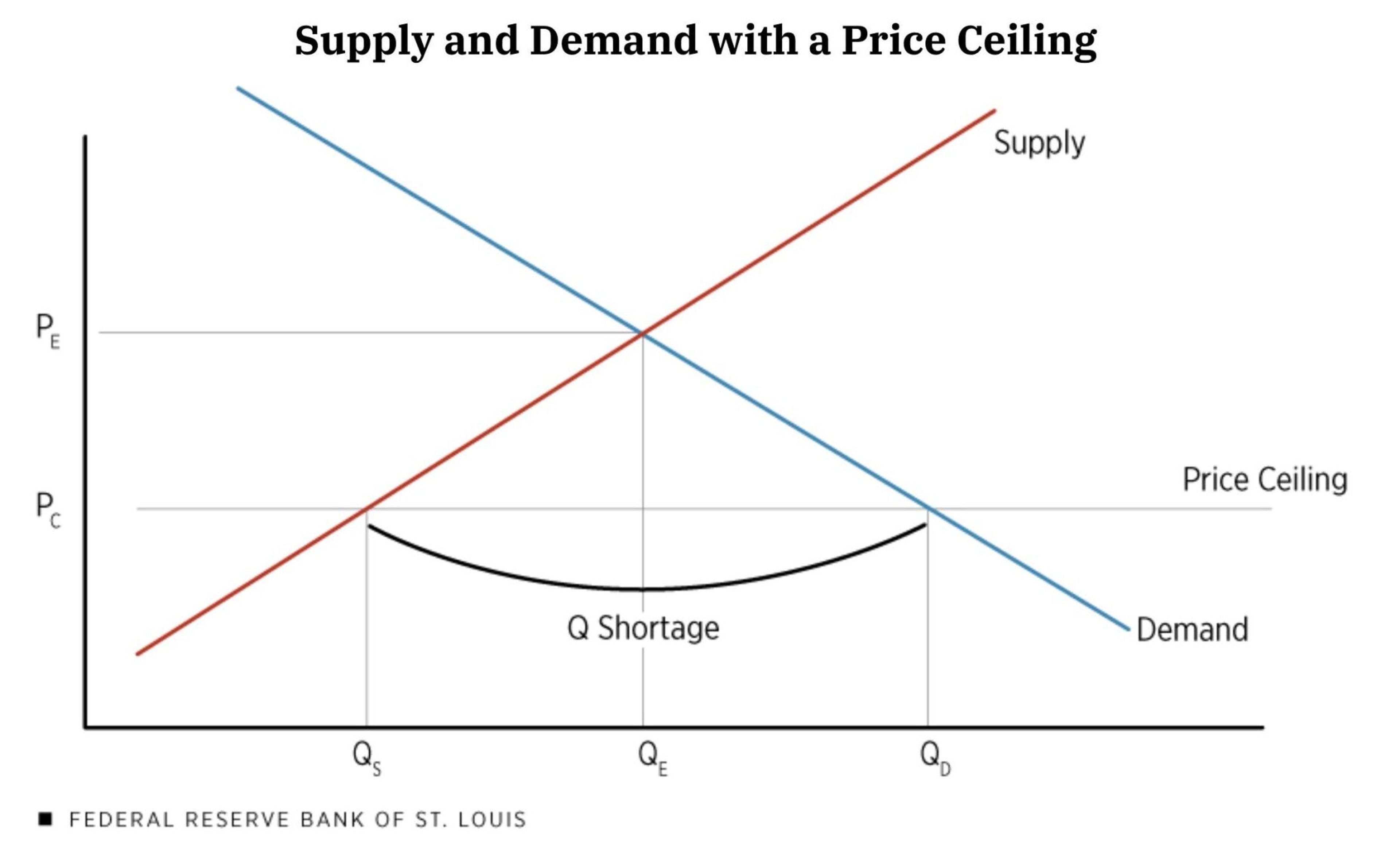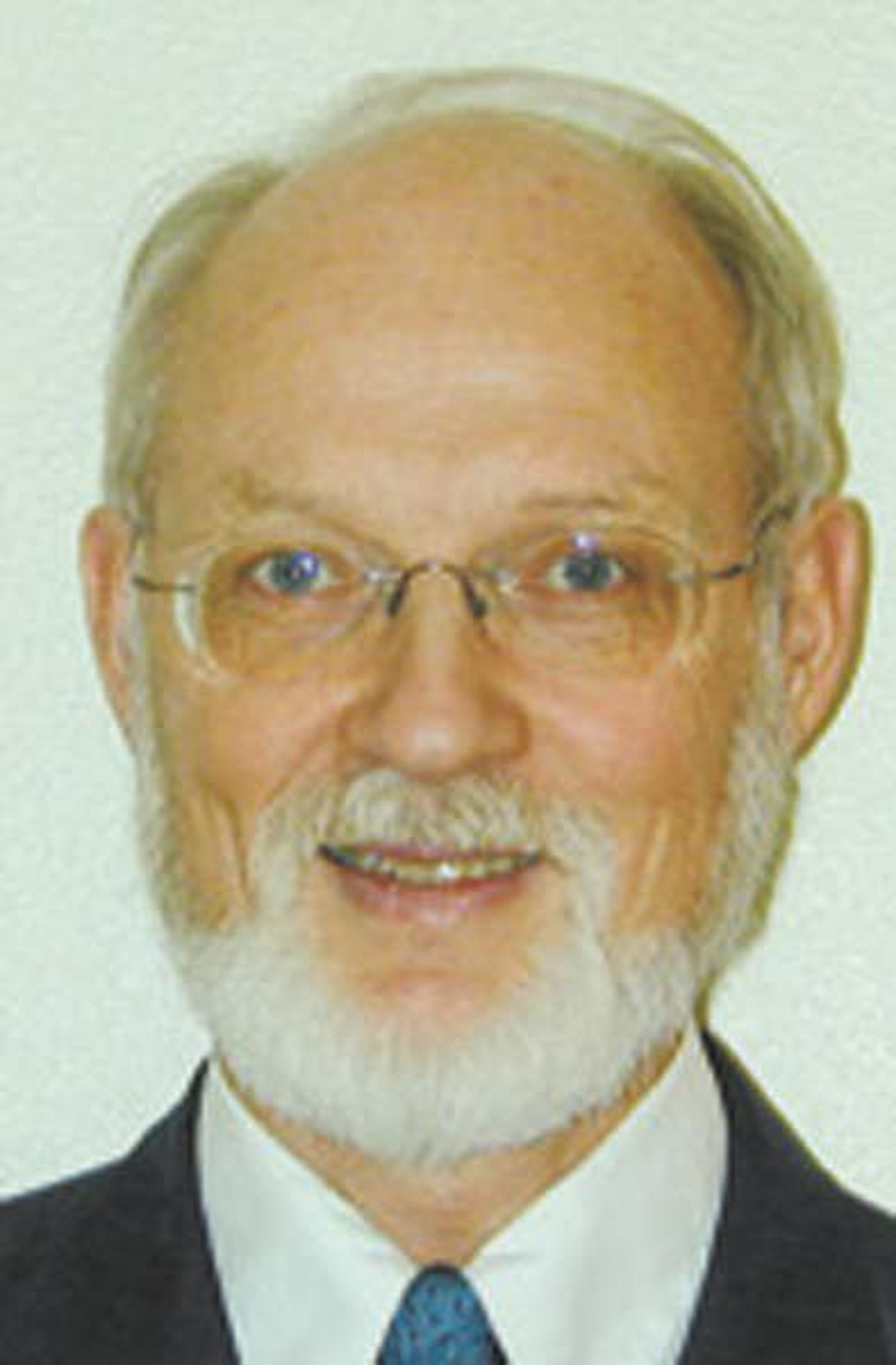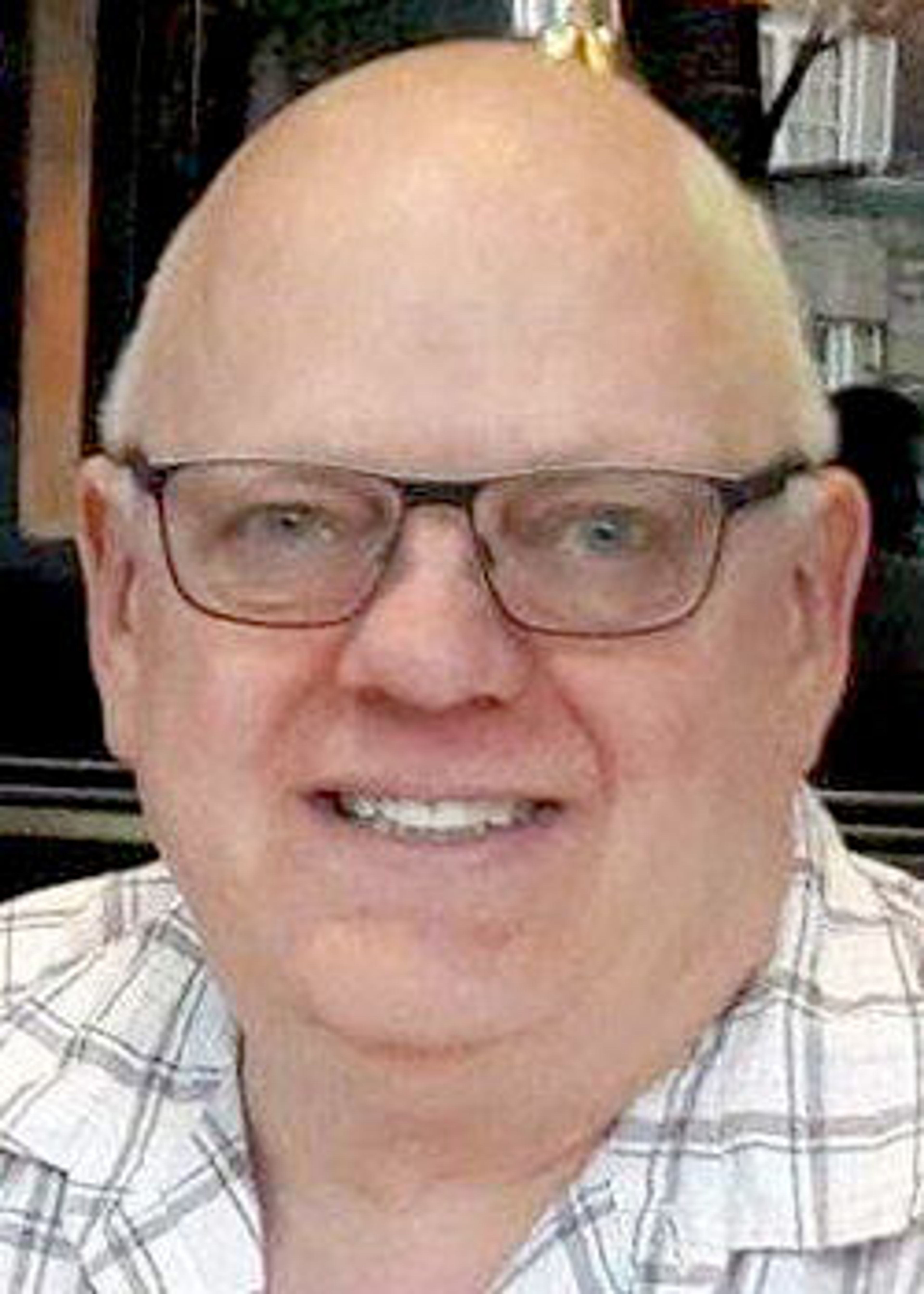ASUI Senate presses Staben to power vehicles with biodiesel
Resolution calls for president to mandate use of biodiesel blend in campus vehicles
Students at the University of Idaho are calling on UI administrators to take another step toward carbon-neutrality by mandating the use of a biodiesel blend in all campus diesel vehicles.
The Associated Students of the University of Idaho Senate passed a resolution last week calling on UI President Chuck Staben to initiate the mandate, and university administrators to take "measureable action" toward a carbon-neutral campus by the end of the 2018-19 school year, Director of Student Involvement Shawn O'Neal said.
The "carbon-neutral" goal is a reference to the university's Climate Action Plan, published by the UI Sustainability Center in 2010, which set the year 2030 as the university's target date to reach climate neutrality.
UI Communications Director Jodi Walker said Wednesday Staben had received a copy of the resolution and had asked Vice President for Finance Brian Foisy to look into the matter and provide him with a recommendation going forward.
According to the resolution, authored by members of the Vandal Clean Energy Club, biodiesel, a fuel typically made out of renewable resources such as vegetable oil, "cuts down greenhouse gas emissions nearly 80 (percent) over petroleum diesel, is nontoxic, is safer to handle and safer if spilled, and doesn't put out the thick black exhaust petroleum diesel does."
Authors of the resolution say use of biodiesel would result in better air quality on campus, decrease reliance on sources of foreign oil and create the potential for saving costs to the UI.
So why isn't the university using biodiesel in its vehicles already? John Crockett, a proponent of the resolution and the
communication coordinator for the UI’s Biodiesel Education Program, said there is resistance from some key people at the UI who are not so much against the use of biodiesel but see it as a risk.
“When you do something like this,” Crockett said, “the main concern is biodiesel is a solvent, and if your storage tank is really dirty, it will pick all that stuff up and run it through your engine.”
He noted a lot of storage tanks at the UI are dirty.
The solution would be to clean out the UI’s vehicle tanks before using biodiesel, or starting out with a small percentage of biodiesel and working up to a large percentage, but the university should be taking care of its vehicles’ storage tanks anyway, Crockett said.
Other critics of biofuels say their creation takes agricultural land away from food production, driving up food costs, while the energy it takes to turn crops into fuel might not outweigh the energy biofuels actually produce.
While Crockett said those claims have been dispelled and that further research on the matter from the UI is soon to be published, the oil the UI uses to create biodiesel comes from a domestic source — the Sodexo kitchens on campus. The university is flush with oil, Crockett said, and the biodiesel produced on campus has been cleared by the American Society for Testing Materials.
“There’s a lot of us that like clean air and stuff like that, and we wish that biodiesel was around this area so we didn’t have to smell the emissions,” Crockett said.
Taylor Nadauld can be reached at (208) 883-4630, by email to tnadauld@dnews.com and on Twitter @tnadauldarg.







